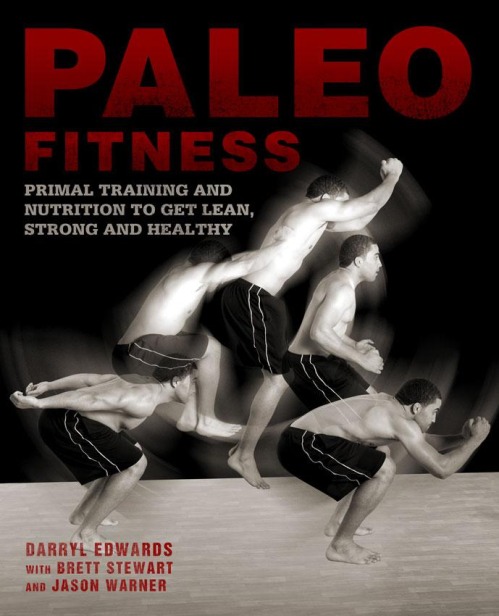25 Components of Fitness (Updated Jan 2012)
 Tuesday, January 17, 2012 at 14:56 | by
Tuesday, January 17, 2012 at 14:56 | by  Darryl Edwards
Darryl Edwards 25 Components of Physical Fitness:
The first list I saw of this type was on Crossfit's main site as their criteria for all round fitness: Crossfit's 10 components of fitness.
As I expanded my scope of what should be included in my reference for of all-round fitness I looked at other properties that I also found important and distinct enough to benefit me and my clients. My list grew from 10 to 15, 18, 20 and then 21.
For me training should:
- result in an measureable organic change in the body that wil lead to better being able to perform a physical task;
- improvements in performance that will manifest themselves through practice in areas such as balance, coordination, skill and agility, etc;
- should not just be about working out but also about playing out;
- must include not only physiological, but also mental, nutritional and psychological aspects of fitness.
Revisiting this in the last few days I have now considered 25 properties of fitness that all contribute to the body's ability to tackle demands placed upon it. I don't believe this list is exhaustive and I am sure I will expand on this in future if I find an additional aspect that will be useful to focus on.
Revised Components of Fitness (25):
- Accuracy - the ability to control movement in a precise manner.
- Agility - the ability to change the body's position quickly in a controlled fashion.
- Balance - the ability to control the body's stability whilst moving or stationary regardless of its base of support.
- Body Composition - the ability to maintain the optimal ratio of body fat to lean muscle mass.
- Cardiovascular Endurance - the ability of the body to gather, process and deliver oxygen.
- Coordination - the ability to combine several distinct movements to appear as one integrated move.
- Efficiency - the ability to perform movement with minimal exertion.
- Exteroception - the ability to respond to stimuli outside the body.
- Flexibility - optimal range of movement at the joints.
- Flow - the mental state of being completely focussed and engrossed on the task at hand.
- Function - the ability to perform whatever activity is required.
- Mindfulness - the ability to be aware, careful and thoughtful about movement.
- Mobility - the ability to move freely and easily.
- Muscular Endurance - the ability of muscles to maintain force production over a period of time.
- Posture - the ability to maintain the correct alignment and position of limbs whilst moving or stationary.
- Power - the ability to exert maximum strength explosively over a given distance.
- Proprioception - the internal awareness of the body's position in relation to its environment.
- Recovery Time - the ability for the body to return to it's pre-activity state after exercise.
- Response Time - the ability to react quickly (and appropriately) to external stimulus.
- Skill - the ability to develop gross and fine motor skills to refine technique.
- Speed - the ability to move as quickly as possible over a given distance.
- Stamina - the ability of the body to process, store, and utilize energy.
- Strength - the ability to exert a force against resistance (using your own bodyweight or external objects).
- Strength Endurance - the ability to apply force against resistance for a sustained period of time.
- Sustenance - the ability to provide the body with the nutrients required for good health, repair and optimal performance.
How many of these do you include in your regime or even deem to be important?
--
Darryl Edwards
 Components of Fitness in
Components of Fitness in  Fitness
Fitness 





















Reader Comments